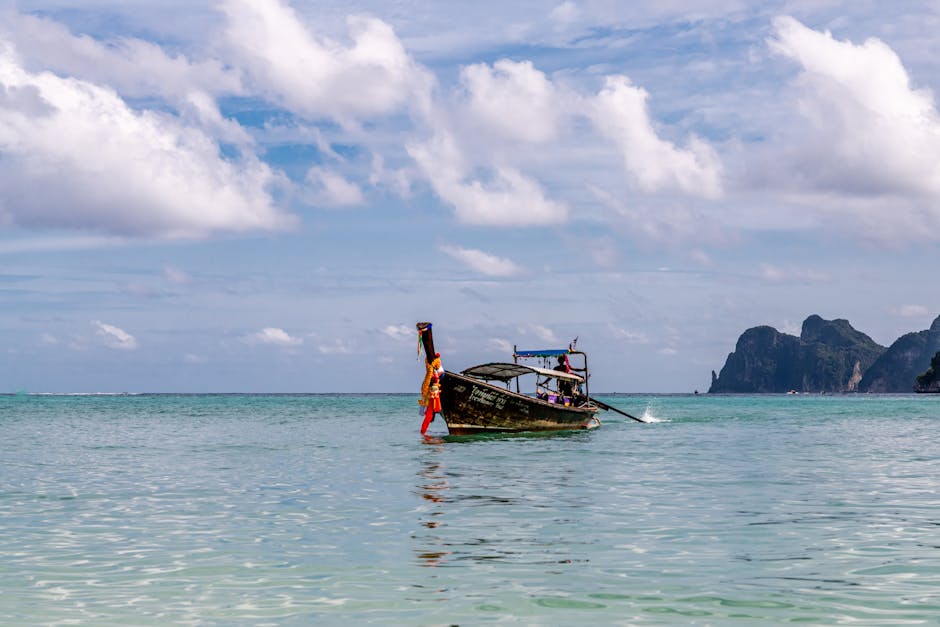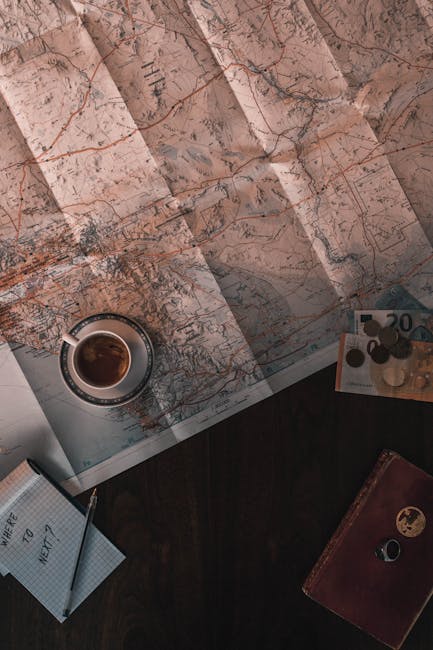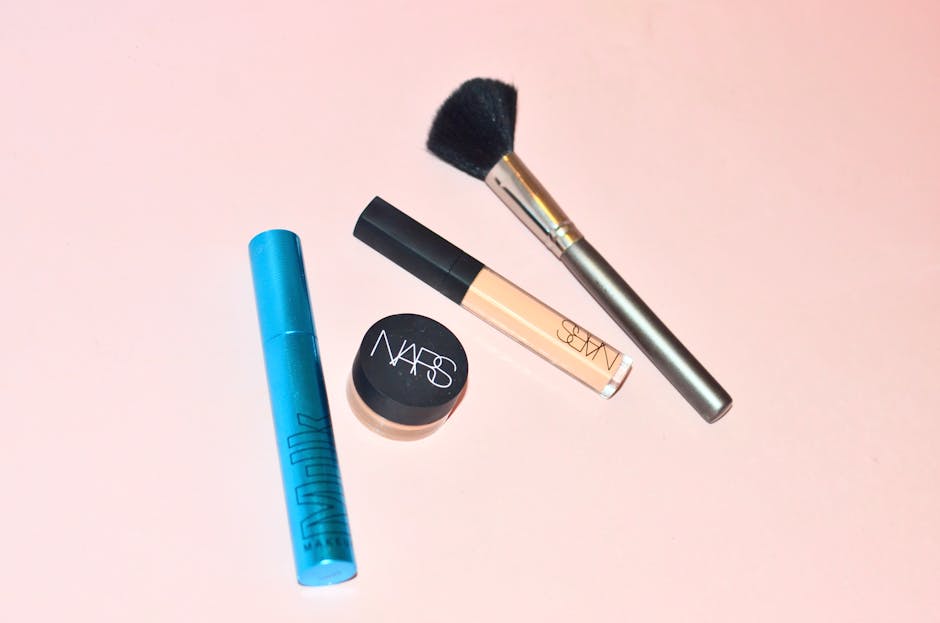Money Matters in Thailand: Your Guide to Currency, ATMs, and Budgeting Like a Pro

Money Matters in Thailand: Your Guide to Currency, ATMs, and Budgeting Like a Pro
Hey there, fellow traveler! Planning a trip to the Land of Smiles? Awesome! Thailand is an incredible place, bursting with vibrant culture, stunning landscapes, and mouthwatering food. But before you pack your bags and hop on that plane, let's talk about something crucial: money. Navigating the Thai Baht, ATMs, and creating a budget can seem a little daunting at first, but trust me, it's totally manageable. I've been there, done that, and I'm here to share my experiences and help you avoid any financial hiccups along the way. Think of me as your friendly guide to all things money-related in Thailand.
Understanding the Thai Baht

First things first, let's get acquainted with the Thai Baht (THB), the official currency of Thailand. It's represented by the symbol ฿. You'll find banknotes in denominations of 20, 50, 100, 500, and 1,000 Baht. Coins come in denominations of 1, 2, 5, and 10 Baht, as well as smaller denominations called Satang (25 and 50 Satang), although you'll encounter these less frequently. Getting familiar with the different notes and coins will make your life much easier, especially when haggling in markets or paying for street food. I remember the first time I tried to pay with a 500 Baht note for a 50 Baht snack – the vendor gave me the sweetest smile and patiently explained the difference. It's a good idea to keep smaller denominations handy!
Exchange Rates: The exchange rate between the Thai Baht and other currencies fluctuates, so it's wise to keep an eye on it before and during your trip. You can use online currency converters or apps to get an idea of the current rates. Just remember that the rates you see online might be slightly different from what you get at banks or exchange bureaus. As a general rule, you'll usually get a better rate exchanging larger amounts of money.
Where to Exchange Your Money: You have several options for exchanging your currency into Thai Baht:
- Banks in Your Home Country: This is generally the least favorable option in terms of exchange rates. You'll likely get a lower rate and may have to pay fees. However, it can be convenient to have some Baht in hand when you arrive, especially for transportation from the airport.
- Currency Exchange Bureaus at the Airport: These are readily available at Thai airports, but the rates are usually not the best. It's fine to exchange a small amount here to cover immediate expenses, but avoid exchanging large sums.
- Currency Exchange Bureaus in Tourist Areas: You'll find numerous currency exchange bureaus in popular tourist areas like Bangkok, Chiang Mai, and Phuket. These often offer better rates than airports. Superrich is a popular and reputable chain, known for its competitive exchange rates. Just be sure to compare rates between different bureaus before making a decision.
- Banks in Thailand: Banks in Thailand offer reasonable exchange rates and are generally safe and reliable. You'll need to present your passport. Major banks include Bangkok Bank, Kasikornbank (KBank), Siam Commercial Bank (SCB), and Krungthai Bank (KTB).
A Word of Caution: Be wary of unofficial money changers offering incredibly high rates. These could be scams, and you might end up with counterfeit money or being shortchanged. Always use reputable banks or exchange bureaus.
Navigating ATMs in Thailand

ATMs are widely available in Thailand, especially in cities and tourist areas. They're a convenient way to access cash, but there are a few things you should know:
- Fees: Thai banks charge a fee for each international ATM withdrawal. This fee is typically around 220 Baht (around $6-7 USD), regardless of the amount you withdraw. Your home bank may also charge a fee for international transactions, so be sure to check with them beforehand.
- Withdrawal Limits: There are often daily withdrawal limits, both from the Thai bank and your home bank. Check with your bank to understand your daily limit. Thai ATMs usually have a maximum withdrawal limit per transaction, typically ranging from 20,000 to 30,000 Baht.
- Card Security: Always be vigilant when using ATMs. Cover the keypad when entering your PIN to prevent anyone from seeing it. Be aware of your surroundings and avoid using ATMs in dimly lit or isolated areas. If the ATM looks suspicious or tampered with, don't use it.
- Inform Your Bank: It's a good idea to inform your bank that you'll be traveling to Thailand. This will prevent your card from being blocked due to suspicious activity. You can usually do this online or by calling your bank.
- Credit Card Advances: While you can use your credit card to get a cash advance at an ATM, I highly discourage it. The fees and interest rates are usually exorbitant. Stick to debit cards for ATM withdrawals.
My ATM Strategy: To minimize fees, I usually withdraw the maximum amount allowed per transaction (while staying within my daily withdrawal limit from my home bank). I also try to use ATMs from major banks, as they are generally more secure. I keep the cash in a safe place, preferably divided into smaller amounts in different locations, just in case.
Creating a Realistic Budget for Your Thai Adventure

Budgeting is key to enjoying your trip without breaking the bank. Thailand can be very affordable, but costs can quickly add up if you're not careful. Here's a breakdown to help you create a realistic budget:
- Accommodation: Accommodation costs vary widely depending on your preferences.
- Budget Hostels/Guesthouses: You can find dorm beds for as little as 200-400 Baht per night and private rooms for 500-1000 Baht.
- Mid-Range Hotels: Expect to pay 1,000-3,000 Baht per night for a comfortable hotel room with amenities like air conditioning and a private bathroom.
- Luxury Resorts: Luxury resorts can cost upwards of 5,000 Baht per night.
- Food: Thai food is delicious and incredibly affordable, especially if you eat at local restaurants and street food stalls.
- Street Food: You can easily find delicious meals for 50-100 Baht. Pad Thai, mango sticky rice, and various noodle soups are readily available.
- Local Restaurants: Meals at local restaurants typically cost 100-300 Baht.
- Tourist-Oriented Restaurants: Expect to pay more at restaurants catering to tourists, with prices ranging from 300-800 Baht or more.
- Transportation: Transportation options are plentiful and generally affordable.
- BTS Skytrain and MRT Subway (Bangkok): These are efficient ways to get around Bangkok. Single journey tickets range from 16-60 Baht. You can also purchase day passes.
- Buses: Buses are a budget-friendly option, but they can be slow and crowded. Fares are very low.
- Taxis and Tuk-Tuks: Always negotiate the price before getting into a taxi or tuk-tuk. Tuk-tuks are often more expensive than taxis, but they're a fun experience. Agree on a price before you start your journey!
- Grab (Ride-Hailing App): Grab is a popular ride-hailing app in Thailand and often offers fixed prices, making it a convenient and reliable option.
- Ferries and Boats (Islands): Ferry tickets between islands can range from a few hundred to several thousand Baht, depending on the distance and type of boat.
- Domestic Flights: Domestic flights can be a good option for traveling long distances, especially if you book in advance. Airlines like AirAsia and Nok Air offer affordable fares.
- Activities and Entrance Fees: Entrance fees to temples, museums, and other attractions typically range from 50-500 Baht. Activities like cooking classes, Thai massage, and island hopping tours can cost anywhere from a few hundred to a few thousand Baht. Factor in the cost of the activities you really want to do.
- Miscellaneous Expenses: Don't forget to budget for miscellaneous expenses like:
- Souvenirs: It's tempting to buy lots of souvenirs! Set a budget and stick to it.
- Laundry: Laundry services are readily available and affordable.
- Toiletries: You can buy most toiletries in Thailand, but it's a good idea to bring some from home to get you started.
- Sim Card: Getting a local sim card with data is highly recommended for staying connected.
- Tipping: Tipping is not customary in Thailand, but it's appreciated for good service. You can round up the bill or leave a small tip.
Sample Daily Budgets

To give you a better idea, here are some sample daily budgets based on different travel styles:
- Budget Backpacker: 800-1,500 Baht per day (hostel dorm, street food, local transportation, minimal activities).
- Mid-Range Traveler: 1,500-3,000 Baht per day (comfortable hotel room, mix of local and tourist restaurants, occasional taxis, some activities).
- Luxury Traveler: 3,000+ Baht per day (luxury hotels, fine dining, private transportation, extensive activities).
Remember, these are just estimates. Your actual expenses will depend on your individual spending habits and travel choices. I personally aim for the mid-range budget but try to eat street food whenever possible – it's just too good to resist!
Tips for Saving Money in Thailand

Here are some tried-and-true tips for stretching your Baht further:
- Eat Like a Local: Embrace street food and local restaurants. You'll save money and experience authentic Thai cuisine.
- Haggle Respectfully: Bargaining is common in markets, but always do it respectfully. A smile and a friendly attitude can go a long way.
- Travel During the Shoulder Season: The shoulder seasons (April-May and September-October) offer pleasant weather and lower prices compared to the peak season (November-March).
- Use Local Transportation: Opt for buses and trains instead of taxis whenever possible.
- Take Advantage of Free Activities: Many temples and parks are free to enter. Explore the city on foot or take a free walking tour.
- Happy Hour is Your Friend: Many bars and restaurants offer happy hour specials on drinks.
- Consider a Cooking Class: Learning to cook Thai food is a fun and rewarding experience, and you'll save money on restaurant meals.
- Drink Water: Bottled water is readily available and inexpensive. Staying hydrated will help you avoid heatstroke and other health problems.
- Negotiate Long-Term Stays: If you're planning to stay in one place for a longer period, negotiate a discounted rate with your accommodation.
Final Thoughts

Thailand is an amazing destination that offers something for everyone, regardless of your budget. By understanding the currency, navigating ATMs wisely, and creating a realistic budget, you can ensure a smooth and enjoyable trip. Don't be afraid to ask for help from locals – they are generally very friendly and willing to assist. And most importantly, remember to relax, embrace the culture, and have fun! I hope this guide has been helpful. Safe travels, and Sawasdee Krap/Kha (hello/goodbye in Thai)!
Post a Comment